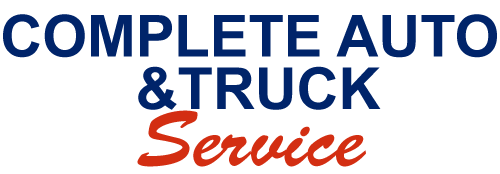Mon - Fri: 8:00am - 6:00pm
Saturday: 8:00am - 3:00pm
CLOSED SUNDAYS
AFTER HOURS DROP BOX OPEN 24 HRS.
(763) 689-2424
.png)

Fuel Saving Tips
One of the leading causes of decreased fuel economy is neglected maintenance. This costs consumers millions of dollars in wasted fuel. Here are a few examples:
- Dirty Air Filter - MPG PENALTY: UP TO 2 MPG. The engine can use more than 10,000 gallons of air for every gallon of fuel burned, so it's easy to see how important the air filter is. The air filter should be checked at every oil change.
- Tire Inflation - MPG PENALTY: 1 TO 2 MPG. Under-inflated tires increase rolling resistance and cause a decrease in fuel economy.
- Dirty Engine Oil - MPG PENALTY: UP TO 1 MPG. Dirty engine oils causes friction in internal engine parts, reducing efficiency.
- Fuel Cap - MPG PENALTY UP TO 2 MPG. Damaged, missing or loose caps cause over 147 million gallons of fuel to evaporate each year.
- Worn Spark Plugs - MPG PENALTY: UP TO 2 MPG. When a spark plug wears out it can cause inefficient combustion, resulting in wasted fuel.
- Worn 02 Sensors - MPG PENALTY: UP TO 3MPG. A worn oxygen sensor is unable to detect and can cause your vehicle to use more fuel than it needs to.
- Fuel Filter - MPG PENALTY: UP TO 1.5 MPG. A dirty fuel filter allows impurities like dirt and rust into the fuel system, causing the engine to use more fuel.
- Wheel Alignment - MPG PENALTY: UP TO 1.5 MPG. Improper alignment can lead to conditions which increases rolling resistance. This is like driving with the parking brake not fully releasted.
Changing a few driving habits can help you see an increase in fuel economy as well:
- Avoid quick or "jack rabbit" starts and stops.
- Sitting idle gets zero miles per gallon. Turn the vehicle off if you've been sitting for more than a minute.
- Drive the speed limit. Gas mileage decreases rapidly at speeds above 65 - 70 mph. Each mph driven over 70 can cost you 10 cents per gallon.
- Cruise control helps you drive the speed limit and keeps the acceleration smooth and prevents nervous surging.
- Avoid carrying unneeded heavy items in your trunk. An extra 100 pounds in the trunk reduces a typical car's fuel economy by 1-2%
The Car Care Council recommends regular inspections of the following systems:
- Brakes
- Electrical and Ignition
- Emission Control
- Engine Performance
- Fuel
- Gauges
- Heating and Cooling
- Horn
- Lights
- Mirrors
- Seat Belts
- Steering and Suspension
- Tires
- Vehicle's Body
- Windshield Wipers
